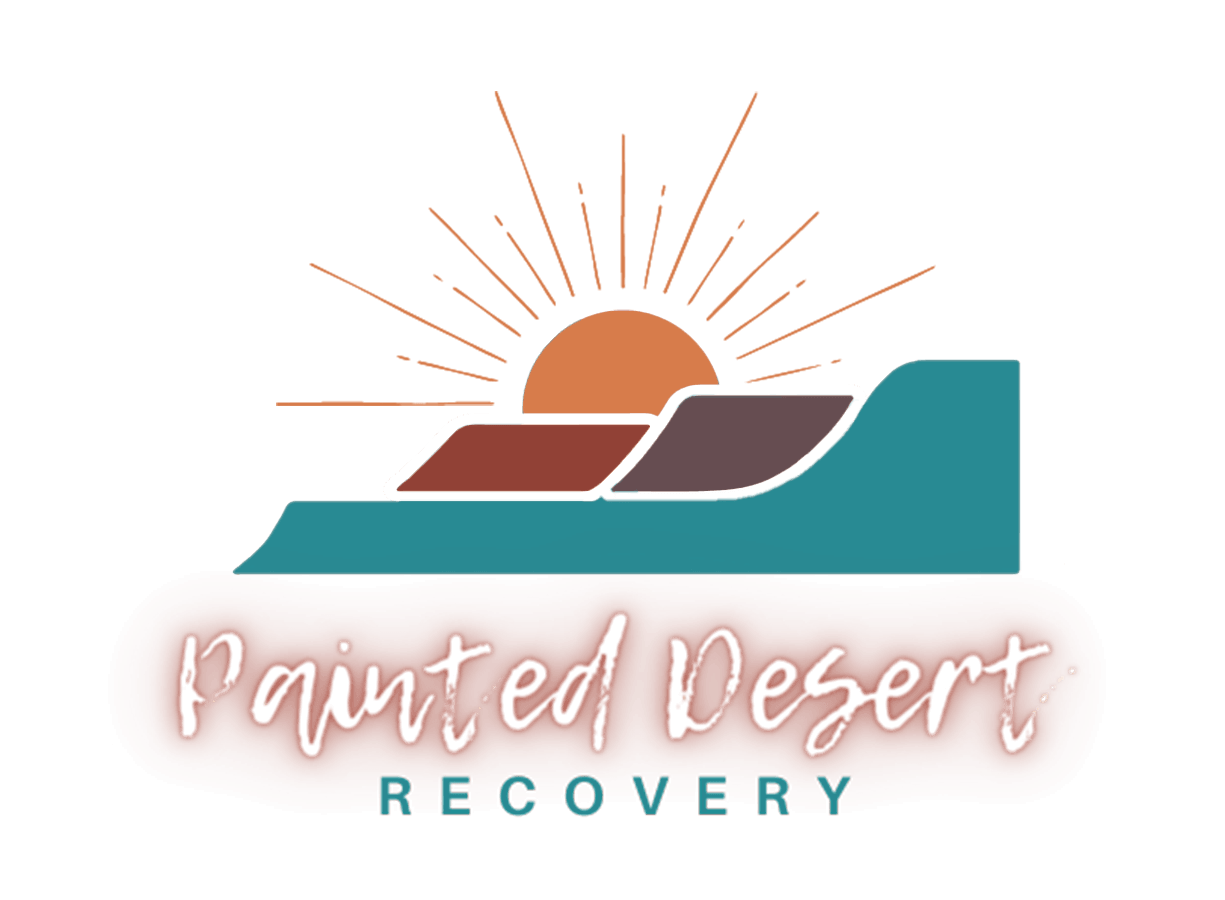Equine therapy in Utah—and in other locations—is becoming more available to more clients struggling with various psychiatric disorders. But why is spending time with horses considered a form of therapeutic care?
Spending time with animals, in general, is considered beneficial. Pets are good for physical and mental health because they give people unconditional love and can reduce stress. Most people think of dogs and cats as animals that help people with their mental health. However, horses can also be valuable partners in some types of therapy.
Equine therapy can refer to programs that are part of mental health treatment. In other cases, however, they refer to a part of a physical or occupational therapy regimen. Searching for an equine therapy program in Utah? Contact Painted Desert Recovery today. Call 844.540.0357 or reach out to our team online.
What Is Equine Therapy?
Usually, equine therapy—often called equine-assisted psychotherapy (EAP)— is a team effort. An equine therapy program may include working with both a mental health professional and a horse specialist. Instead of a health center, a client may find a barn an appropriate setting to deal with their mental and emotional challenges.
It usually involved being around horses—grooming, feeding, riding, and doing other routine things while bonding with them. However, it also includes an aspect of talking with a licensed medical professional about what’s learned in routines that include animal exposure. An equine therapy program can help treat the following:
- Addiction
- Anxiety
- Attention-deficit/hyperactivity disorder (ADHD)
- Behavioral problems
- Depression
- Eating disorders
- Grief
- Relationship issues
How Does Equine Therapy Work?
In an equine therapy program, participants work with specially trained horses and learn how to care for them. Typically, equine therapy focuses more on learning to care for horses rather than learning to ride. Caring for horses requires selflessness, concentration, and teamwork. Equine therapy programs can help clients improve their self-esteem, self-awareness, confidence, and empathy.
Research shows that clients with both physical and emotional needs benefit from working with horses. This is likely why equine therapy programs operate all over the country. Caring for animals is a proven way of reducing stress and boosting mood.
Horses, in particular, promote time outdoors. Taking riding lessons can also lead to opportunities to socialize with other riders. Participating in a riding program on top of an equine therapy program may help decrease feelings of loneliness or isolation. Riding horses is good exercise as well. Clients can get cardiovascular benefits from taking a vigorous riding lesson. Riding, grooming, and taking care of riding equipment all help build strength and endurance, too.
When Should You Consider an Equine Therapy Program?
EAP can be used in a variety of therapeutic settings. In fact, horses can be used in counseling clients of all ages and genders, even in a group or family setting. However, an equine therapy program is often not the sole form of treatment but rather a complementary one to more traditional treatment.
If you’d like a different experience and would like to explore therapeutic care beyond traditional talk therapy, you can consider equine therapy—especially if you already like horses. EAP brings clients outdoors and offers an opportunity to use all senses while learning and processing emotional and mental challenges. It’s worth noting, though, that not all equine therapy programs include riding horses. If you’re looking to do that, it may be ideal to simply take horse riding lessons.
Ready to Learn More About Painted Desert’s Equine Therapy Program?
If you’re looking for an equine therapy program in Utah, contact Painted Desert Recovery today. Reach out to our team online or call 844.540.0357.







